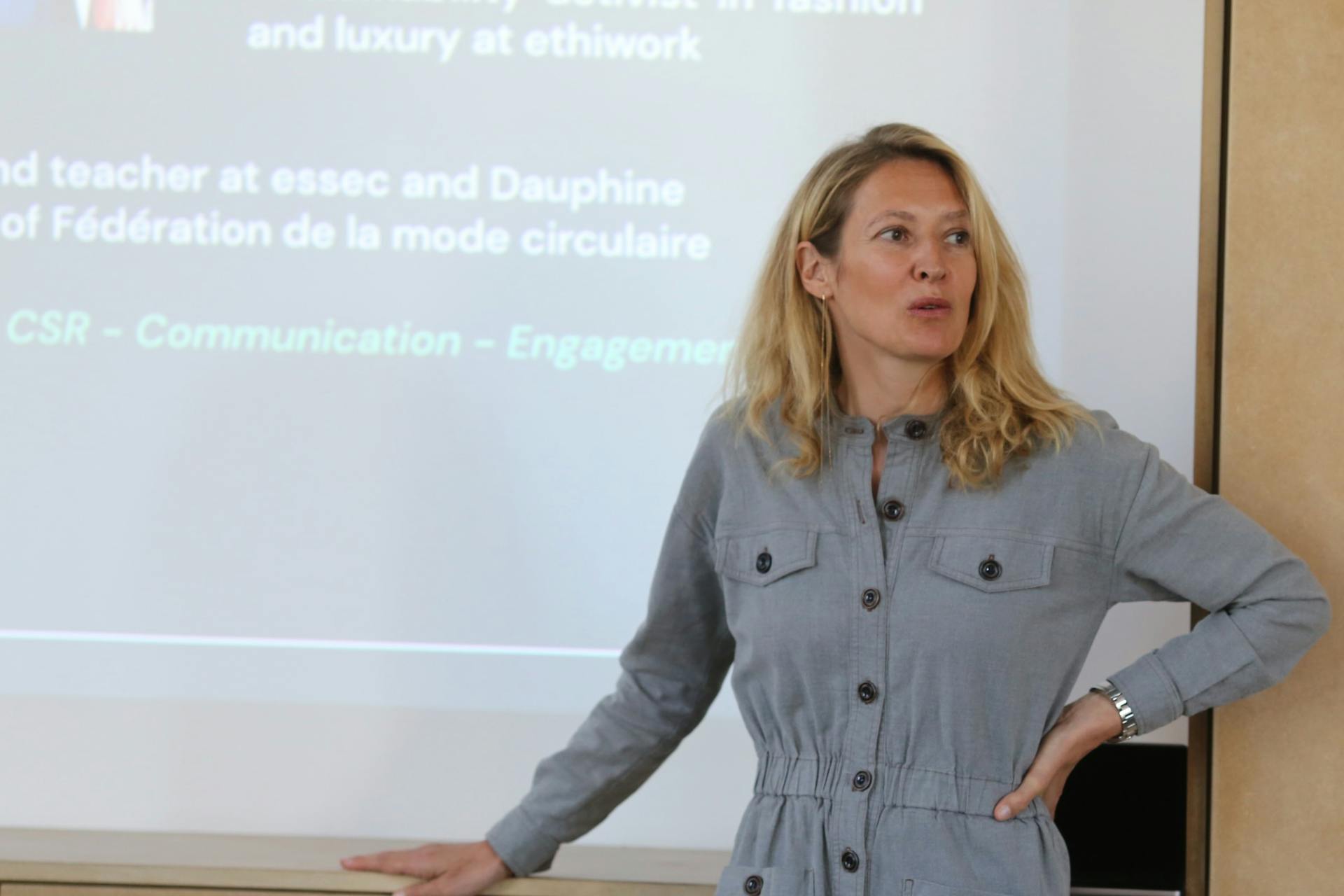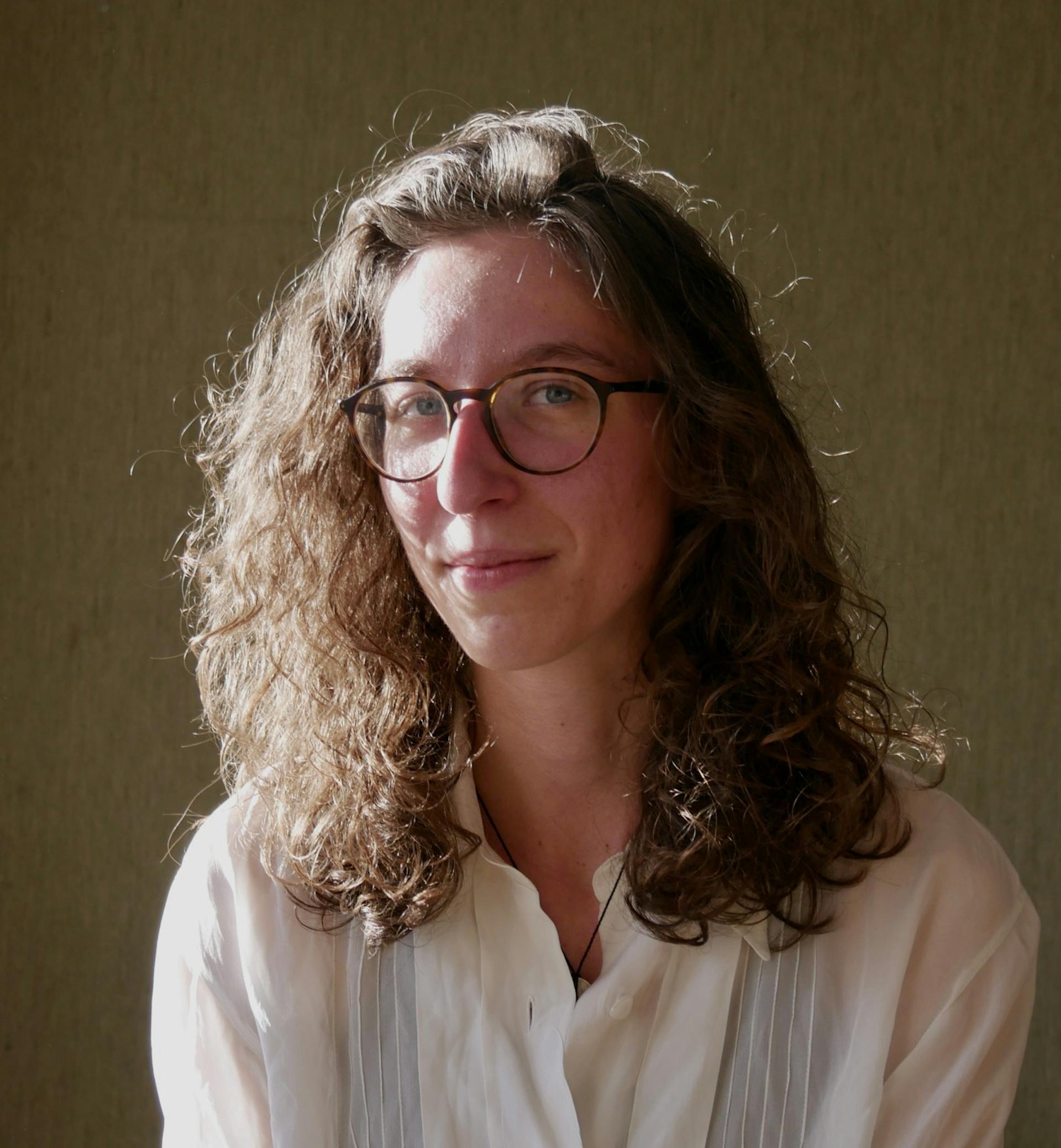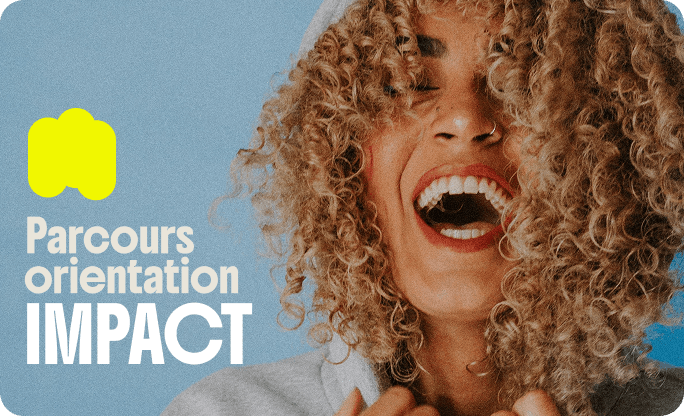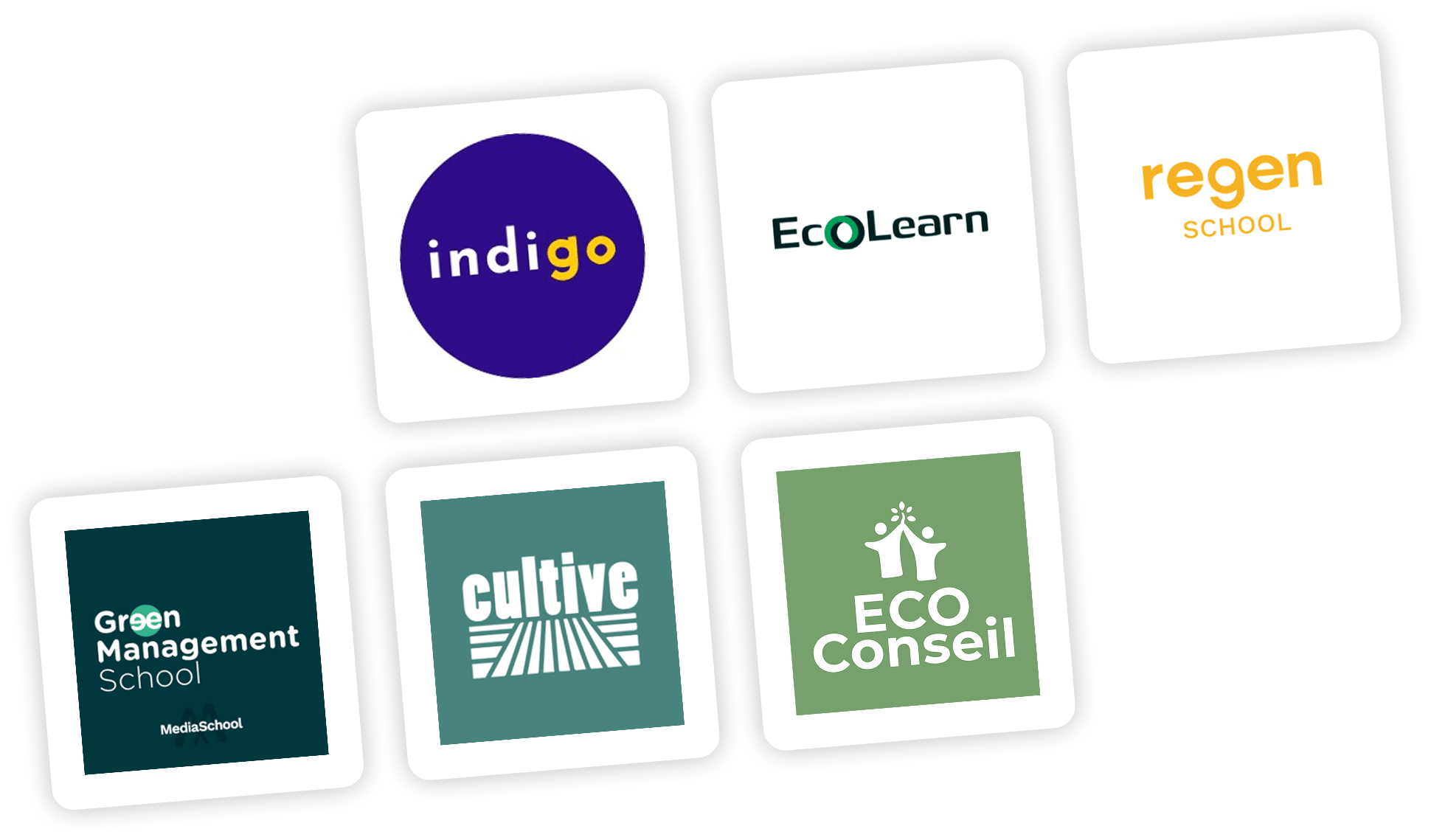Learn about CSR issues in the fashion and luxury sector.
Between its C02 emissions, its water consumption and the micro-plastics it spreads in the environment, the fashion sector is one of the most polluting. Fashion, luxury... Are these sectors necessary to the ecological and social transition? For Céline Dassonville, yes. It is by transforming from within these sectors, which are vectors of strong symbols and desirable images, that a maximum number of people can be made aware of environmental issues. How can this be done? By training sector professionals in CSR issues via Ethiwork, founded in 2018. To achieve this, it relies on the collective, accompanied by two employees who are passionate about these topics and surrounded by a multitude of strategic partners. The fashion and luxury sectors have a role to play in the societal transition. Céline and Salomé tell us about it.

Where did you get the idea to found Ethiwork Céline ?
I have an 18-year background in a communications agency where I worked on brand speaking strategies. It was in 2016 that we started to see the rise of environmental, economic and social contributions, and therefore to work on them. When I had this desire to integrate the notion of environmental and social justice into business management, I had the opportunity to work on a position at Cartier at the same time. I found it interesting to work for a brand that has an influence on what is considered desirable. Luxury is the domain of dreams: if the product makes people dream and has a form of integrity in its relationship with the environment and the human being, then we can change imaginations and generate systemic changes. At first glance, we may think that fashion and luxury are futile, not essential. But, if we look at the production chains of these sectors, they are able to reconcile great fractures, because they are based on intensive agriculture and breeding and mining activity, for the watchmaking sector for example. We are dealing with the biggest deforestation and pollution scandals. This sector, transformed, can therefore be one of the most powerful.
How has Ethiwork evolved ?
We started with consulting missions in 2018 and recently we launched training programs to accompany people who are already experts in their trade in fashion and luxury, to reconnect to employment via the CSR dimension. Salomé arrived 1 year ago to develop the trainings and carry Ethiwork on the "education" component, which we would like to develop on a large scale.
Who are your courses for and what are they ?
Regarding the targets, we can address people who want to create their brand, who already work in a company, communicators, or people who want to improve their employability in the fashion and luxury sectors. As for the training they will follow, it all depends on the professional background and the desire of the person. We train on environmental issues in fashion and luxury, on circularity, on sourcing responsible raw materials, on building impactful business models, on governance and on responsible communication.
The specificity of all our trainings is to train in order not to leave people in dependence. In fact, all our courses are designed to allow everyone who has taken the course to have access to resources to continue to enrich their knowledge. Our main resource is an open source library, which lists all the international reports and podcasts on subjects such as the circular economy, the cotton issue, biomaterials, second-hand materials, etc. We also maintain a free access library of solutions.
How is partnership your strength at Ethiwork ?
We are 3 for the moment within Ethiwrok and we don't want to create a big firm, but rather a community with solution providers who will help us create and enrich our contents through their expertise. We rather want to grow on a logic of partnerships with a freelance team built to measure in relation to the problems of our customers.
We are then part of several networks: we co-founded the Circular Fashion Federation, which puts us at the heart of exchanges and debates. We are also in the Caserne, the first incubator dedicated to sustainable and circular fashion companies that federates a number of young brands and service providers. We, Ethiwork, are part of the service providers that gravitate around these incubated companies and accompany them on expert subjects. The fact that we are all actors of sustainable fashion in the same place creates bridges and links that allow us to enrich each other.

Salomé, you joined Ethiwork 1 year ago, what is your background ?
I came to fashion through the oceans. I am part of the association Wings of The Ocean, which protects the oceans, and I was able to see the pollution caused by the microplastics in clothing. I wanted to act through fashion, the sector at the origin of this pollution. With Ethiwork, our mission is to increase the knowledge and skills of the fashion and luxury industries on CSR issues.
Where do the trainings take place ?
At the Caserne or in rooms belonging to partners of the fashion network.
Who is coming to you now and what are their issues ?
Companies mainly, to train their employees. The issues for HR and CSR managers of these groups are: where do we start and how do we go about it?



